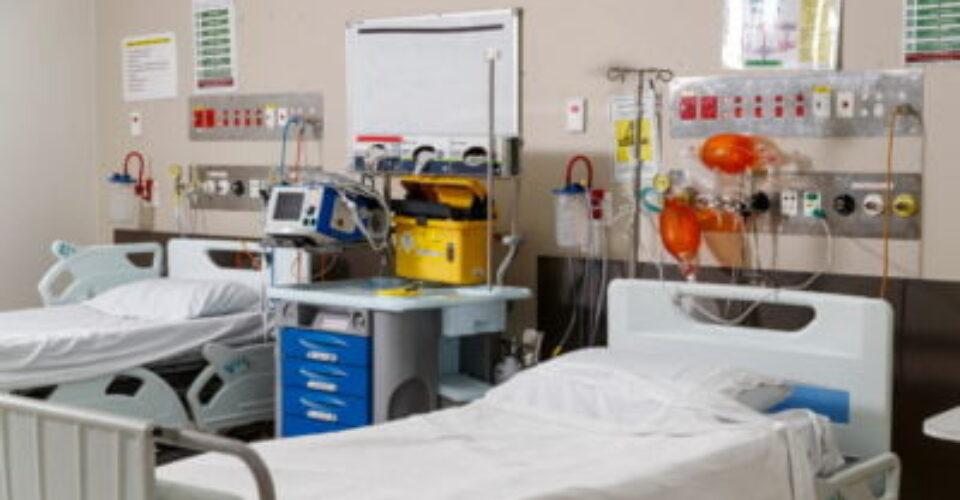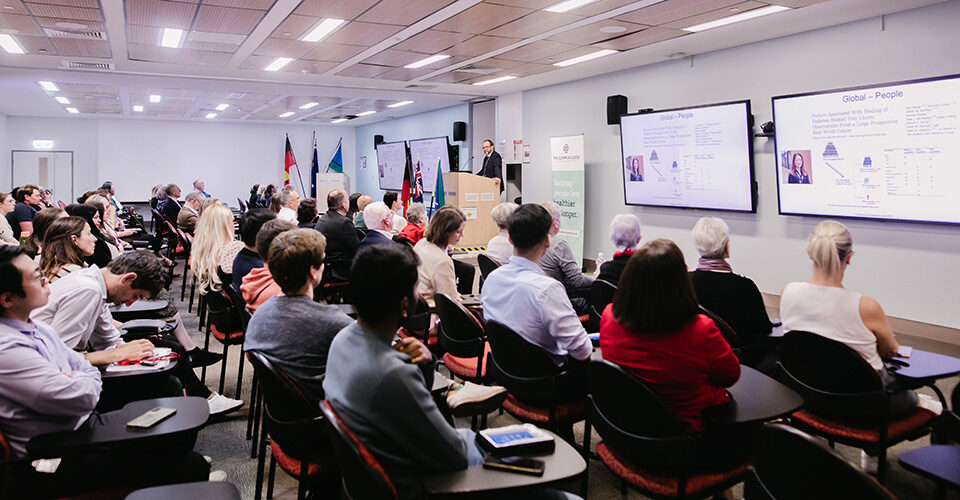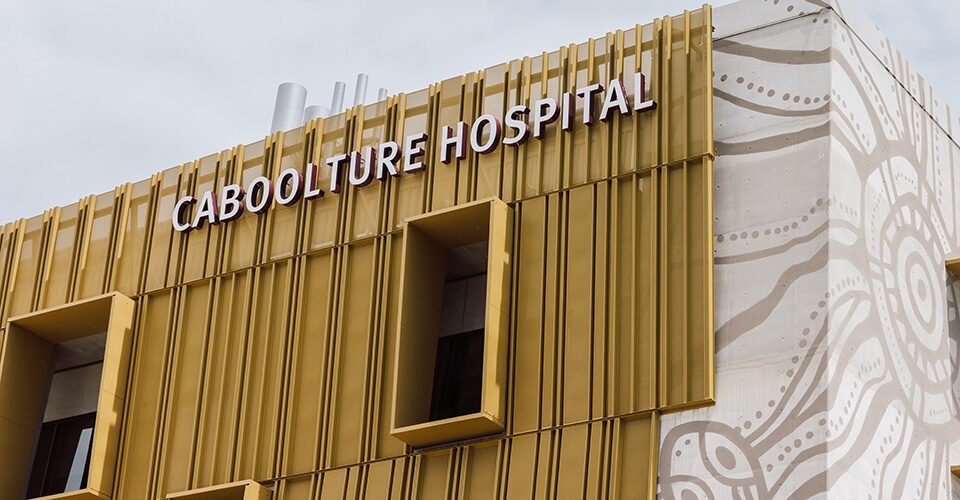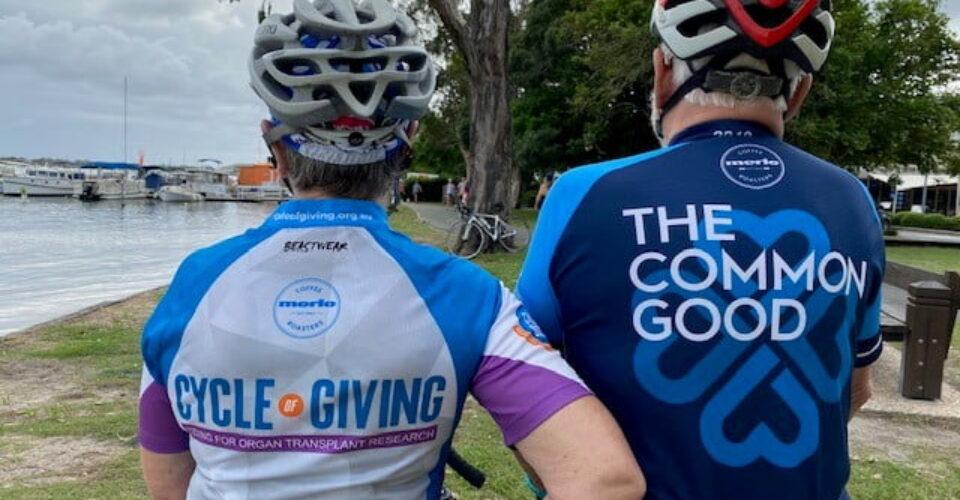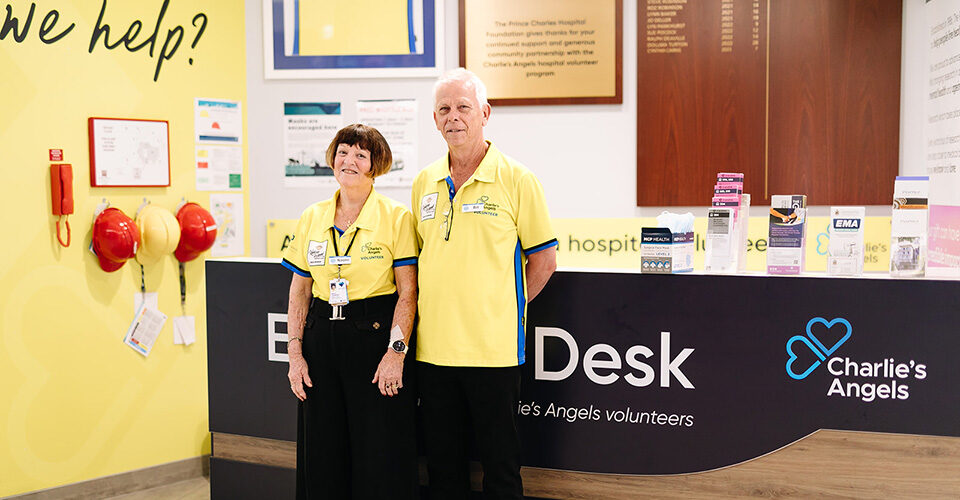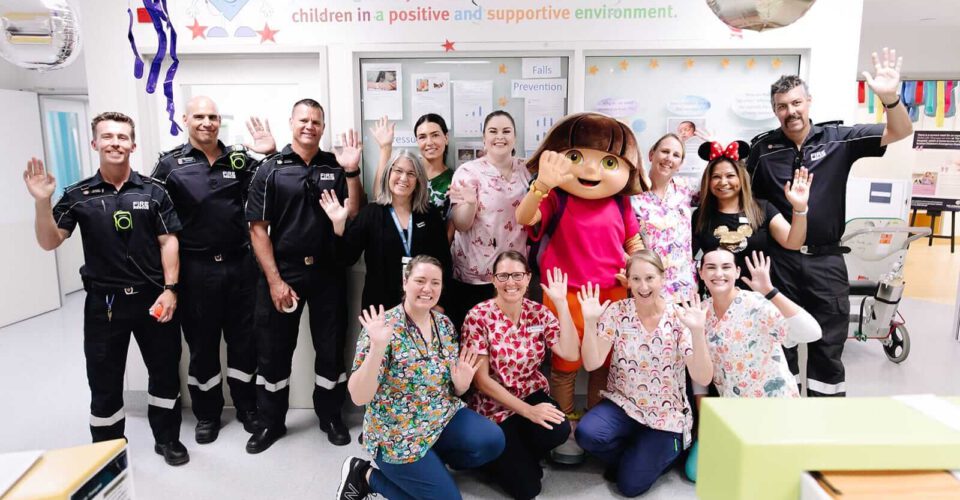Tens of thousands of lives have been saved by extracorporeal life support – life-saving technology.
Extracorporeal membrane oxygenation (ECMO) is only used for the most ill of ill patients; patients that need more than a typical ‘life-support’ machine to keep their organs functioning. This could be a mother who’s been in a tragic accident, a brother waiting for an organ transplant, or a grandparent dealing with end-stage heart failure. In their time of need, ECMO may be the only technology to help them pull through. But because of how these ECMO machines work, patients are exposed to oxygen levels far higher than a healthy person would be.
While ECMO can be an extremely useful, life-saving tool, these oxygen levels also put the patient at risk of other complications – like blood clotting. Rylan, a researcher with the Critical Care Research Group, wanted to know whether these ECMO machines could lead to increased blood clotting for these already critically ill patients.
He set out to test this theory, and using a circulation loop, was able to mimic the effect an ECMO machine would have on blood cells. It was just as he expected – the higher oxygen levels increased the chances of blood clotting, which in an ICU setting could be fatal. Now, he hopes to work on translating this research into real clinical outcomes, and eventually save more lives.
The Prince Charles Hospital is one of the leading ECMO centres worldwide, and Rylan is just one of the researchers working for better outcomes. As he says, “It’s impossible to identify a single inspiration for the work we do, but at the foundation of our research are two equally important motivators. The opportunity to improve the care we offer to the most vulnerable patients is combined with an insatiable drive to understand the mysteries of medicine.”
Support The Common Good here.
